The Zafaran Museum at Ain Shams University receives a visit from the Children's Museum
The Zafaran Museum at Ain Shams University received a visit from 23 children from the Children's Civilization and Creativity Center (Child Museum) within the summer program of the Child Museum, which extends from May to September and provides simplified technical, scientific and cultural information for children, in addition to conducting field trips to link theoretical information to reality.
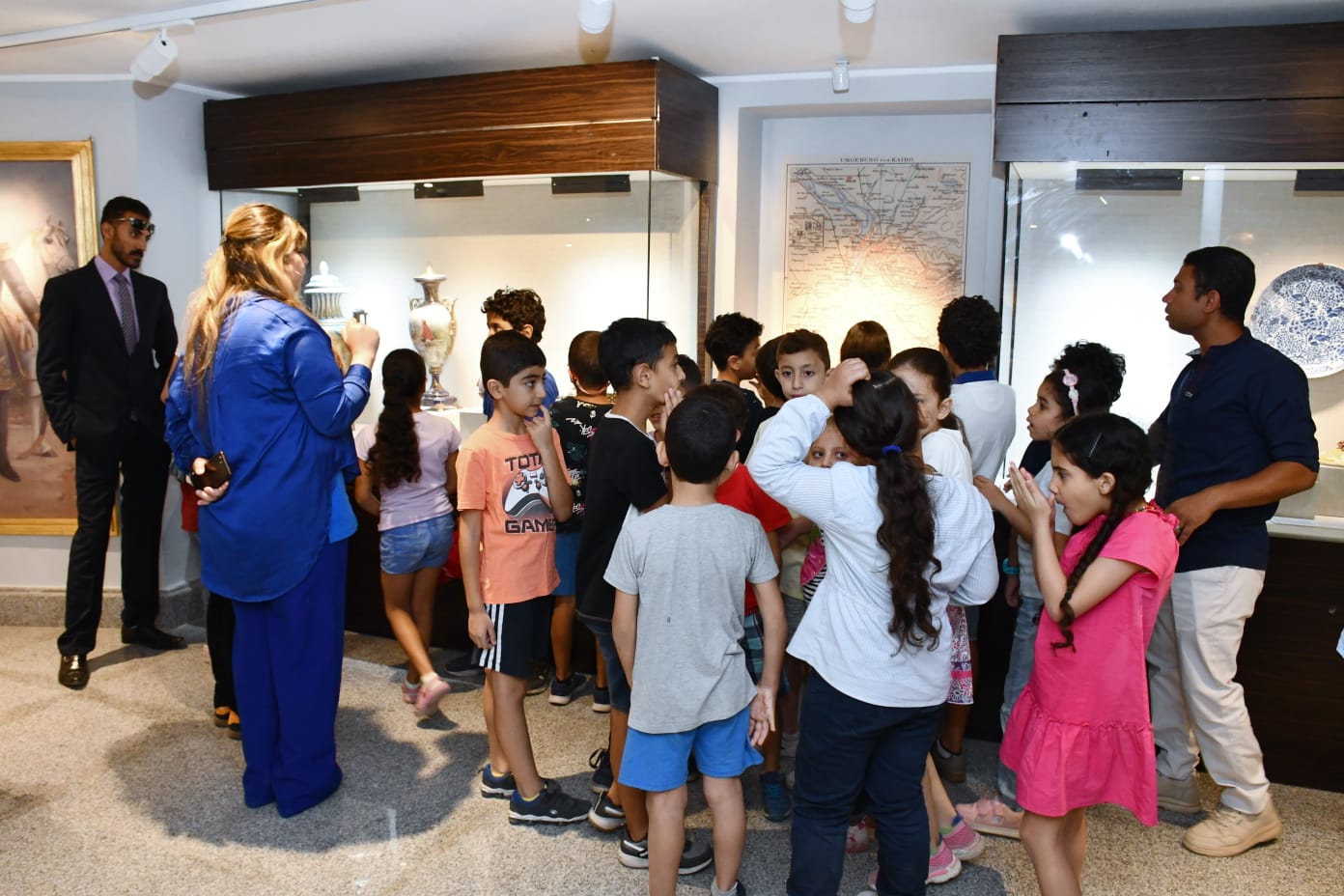 |
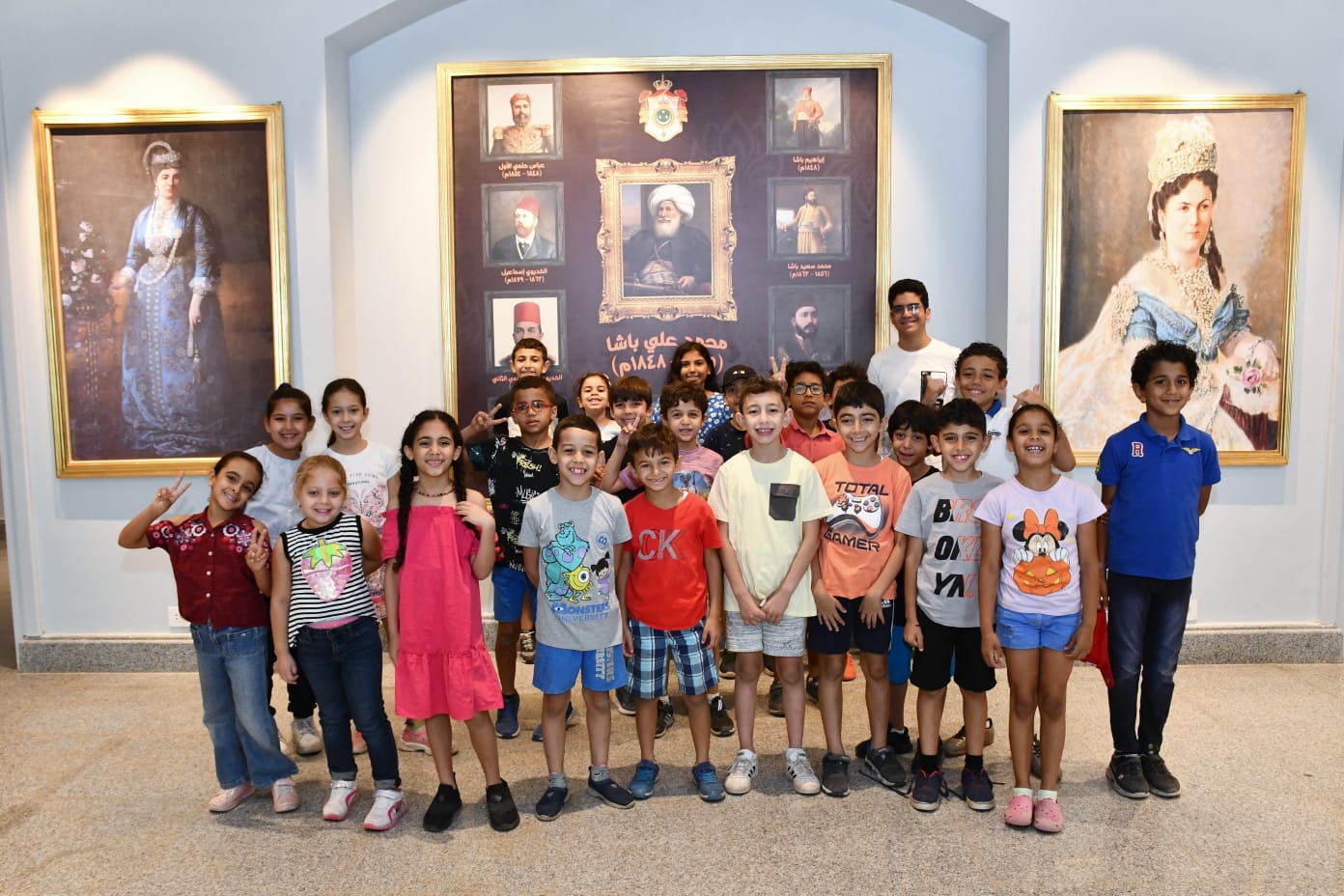 |
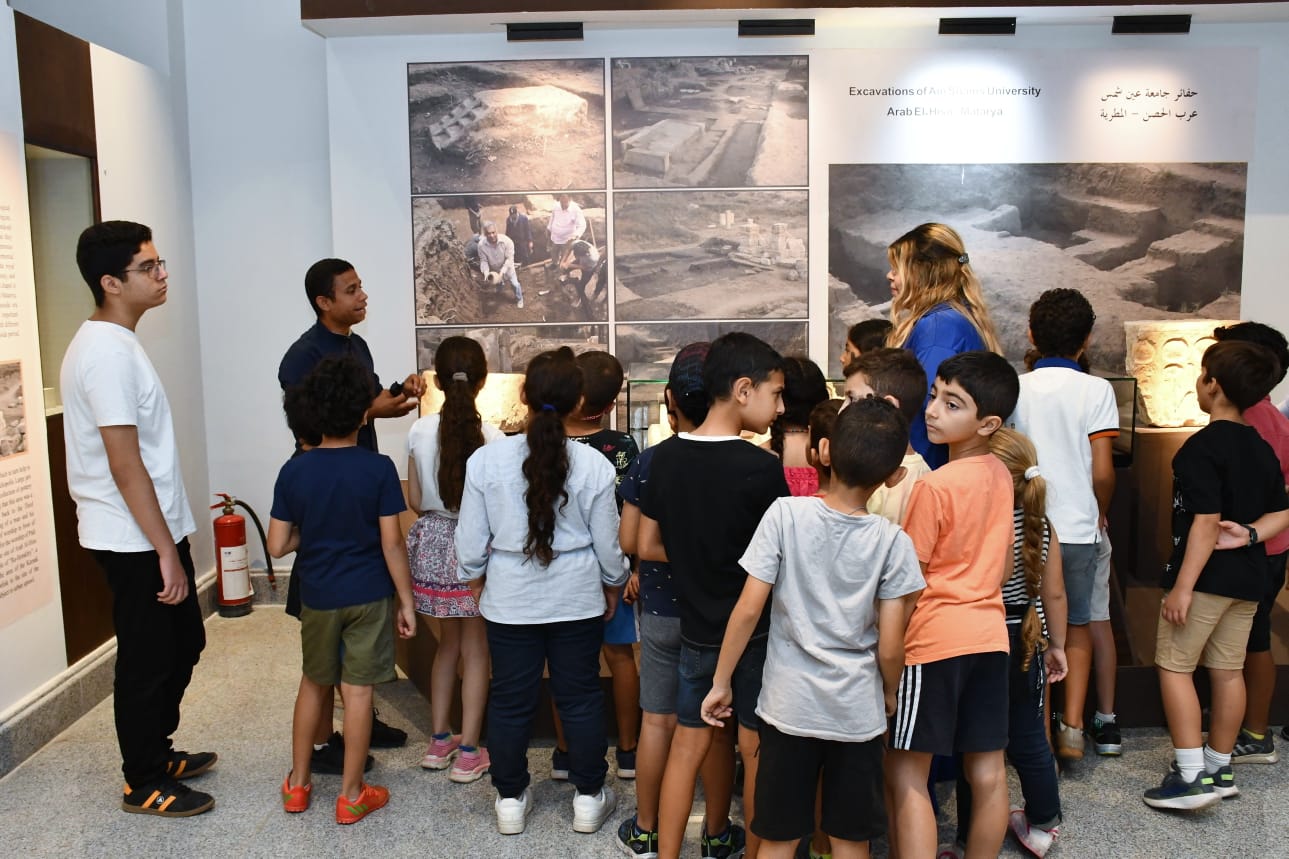 |
||
During the visit, the children were taken on a tour of the Saffron Museum at Ain Shams University, and a simplified explanation was given about the archaeological exhibits it contains, including the facade of the palace gate of Prince Neb Maat Ra, son of King Ramesses the IX (1125-1107 BC), who held the position of high priest of the sun (1125-1107 BC). Ur-Maw) at the Temple of Ra in Iono.
A bronze statue of Imhotep, with an alabaster base, dates back to the Twenty-sixth Dynasty - the Savior era, and a wooden human sarcophagus with religious scenes to protect the deceased dating back to the Twenty-sixth Dynasty - the Sawi era, and a group of ceramics from the Mamluk era, in the 8th century AH / 14th century AD, in addition to A group of medals, decorations, and commemorative medals of the Kingdom of Egypt, the era of the Muhammad Ali family, century 1314 AH / 1920 AD, and a group of university holdings.
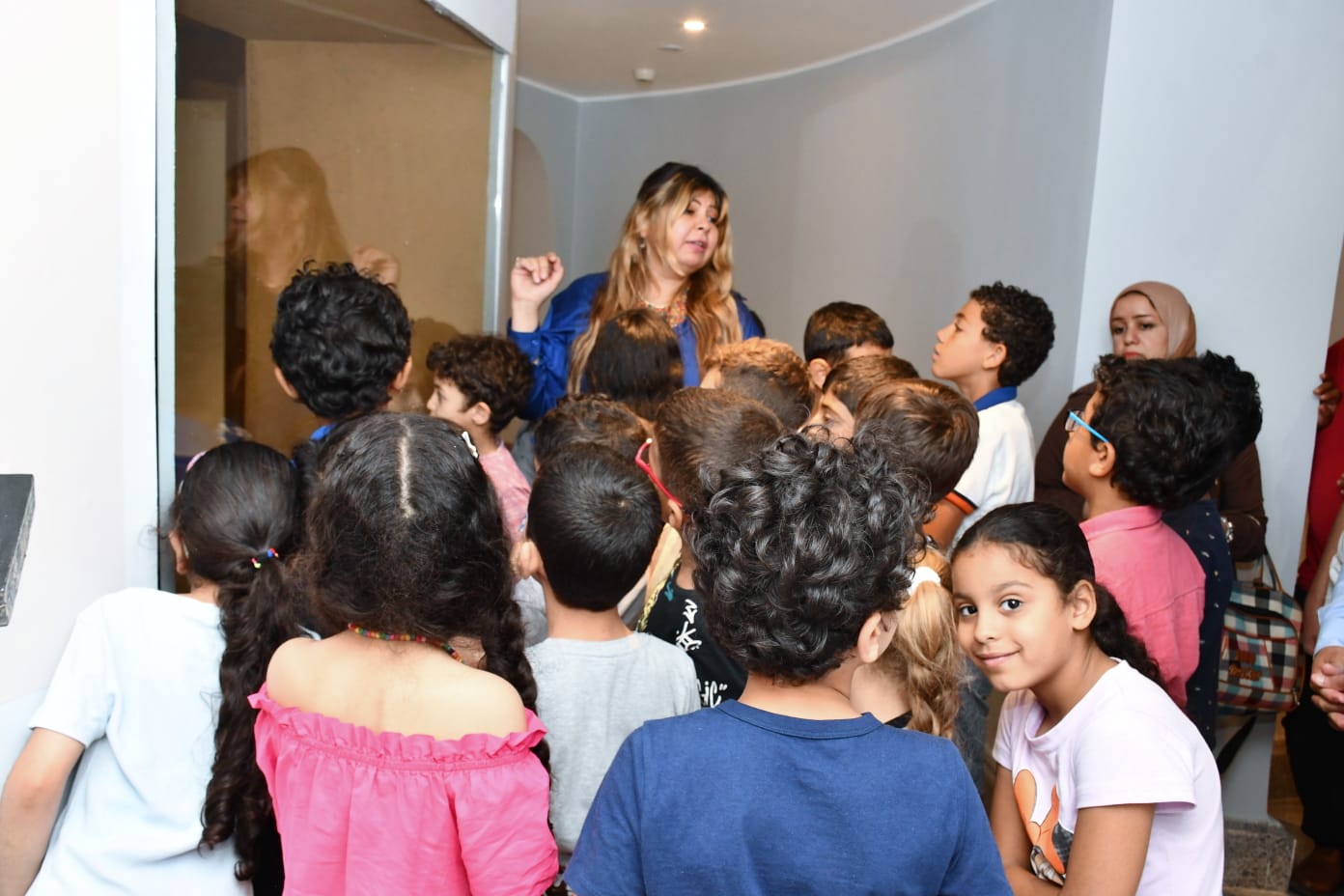 |
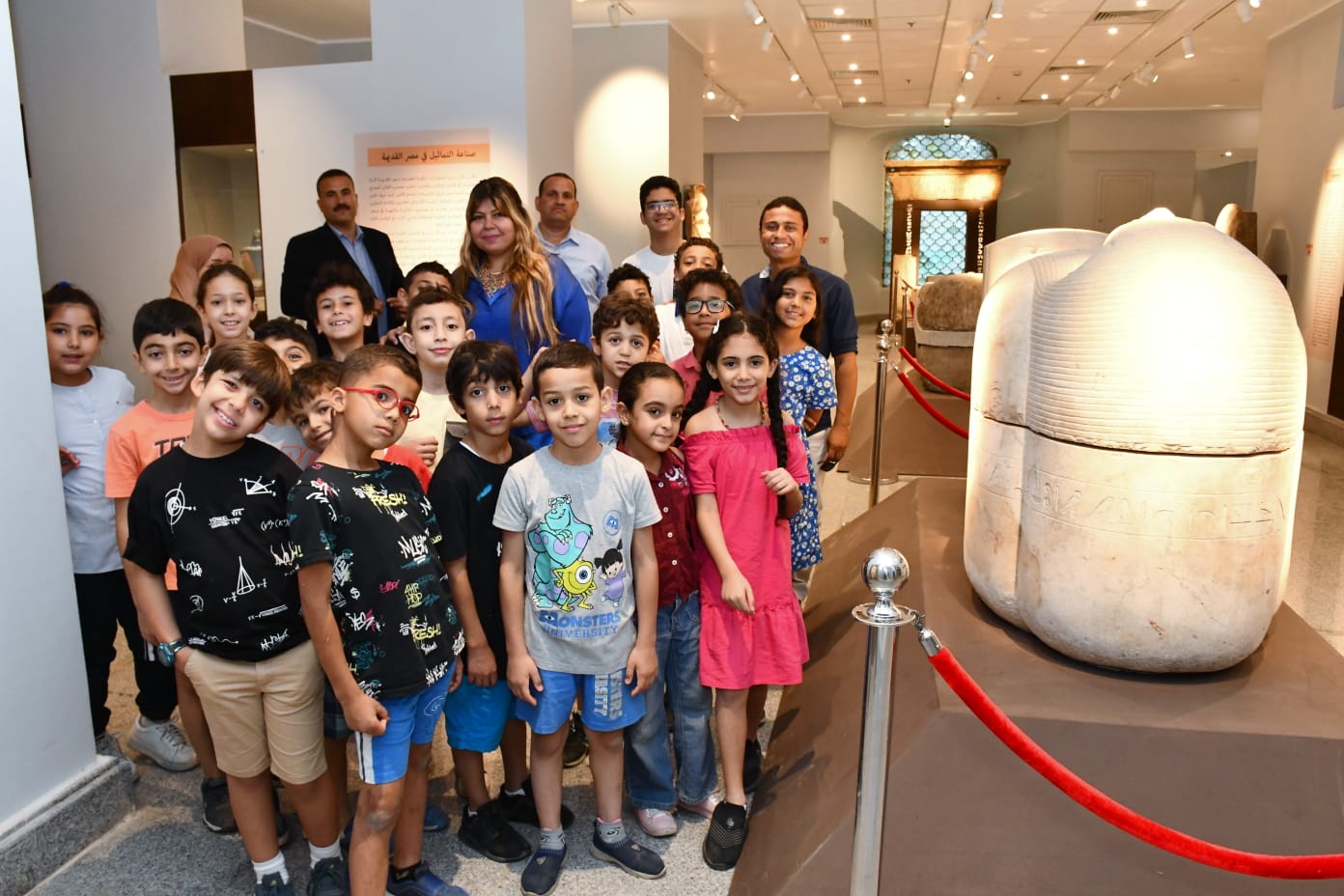 |
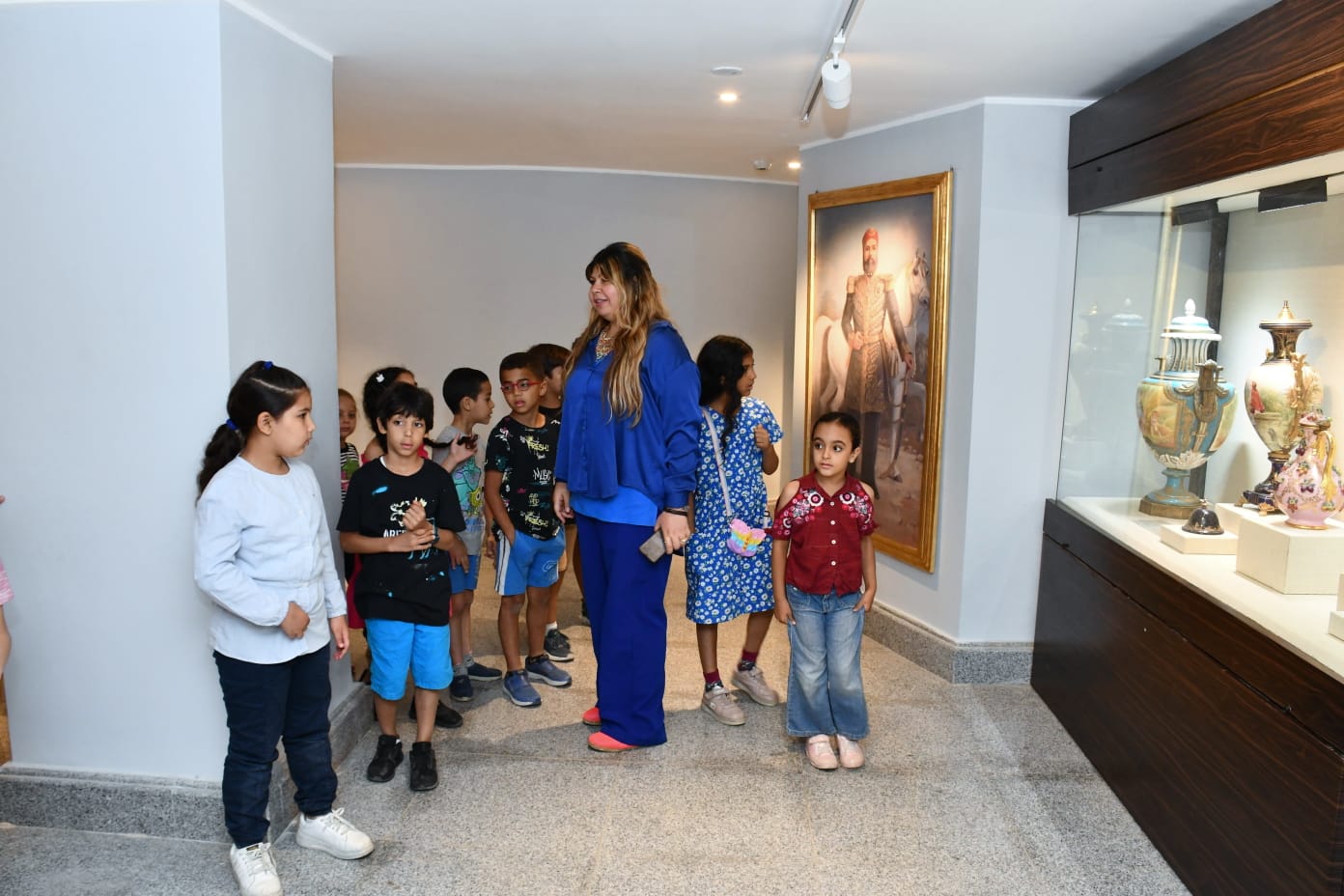 |
||
The children expressed their happiness at visiting the Saffron Museum. For their part, those in charge of the visit praised the museum and its exhibits, thanking the Ain Shams University administration for their cooperation and receiving the children.
It is noteworthy that the Child Center for Civilization and Creativity (Child Museum) was established in 1998 in the Heliopolis district, as part of a joint project with the British Museum. 2012.
The center is educational and entertaining, providing information and services in an interactive way for children, and complements school education for them. It aims to introduce Egyptian children to natural historical phenomena and their relationship to the Egyptian natural and cultural environment. Experts from all over Egypt and the world participated in its preparation in all fields.
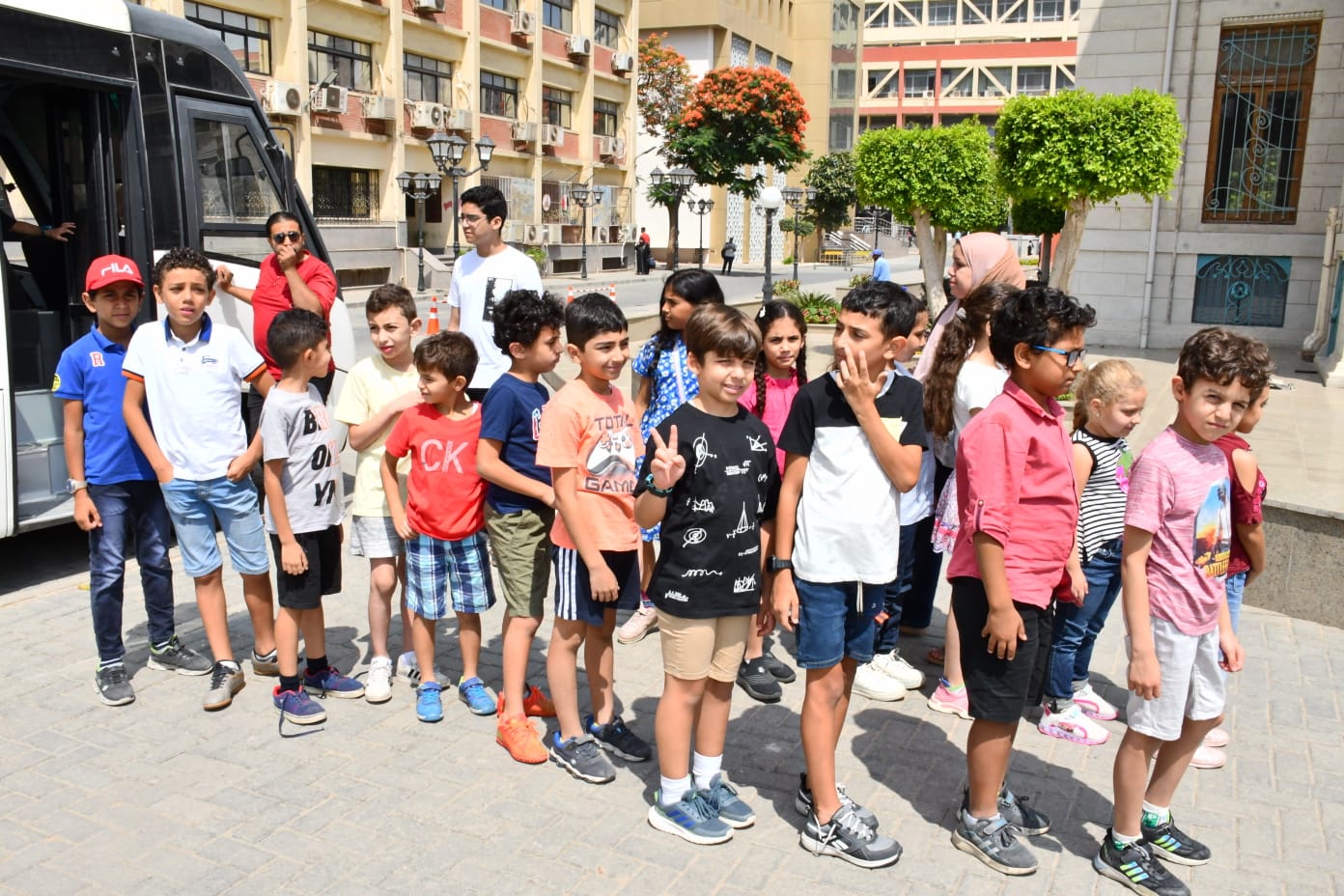 |
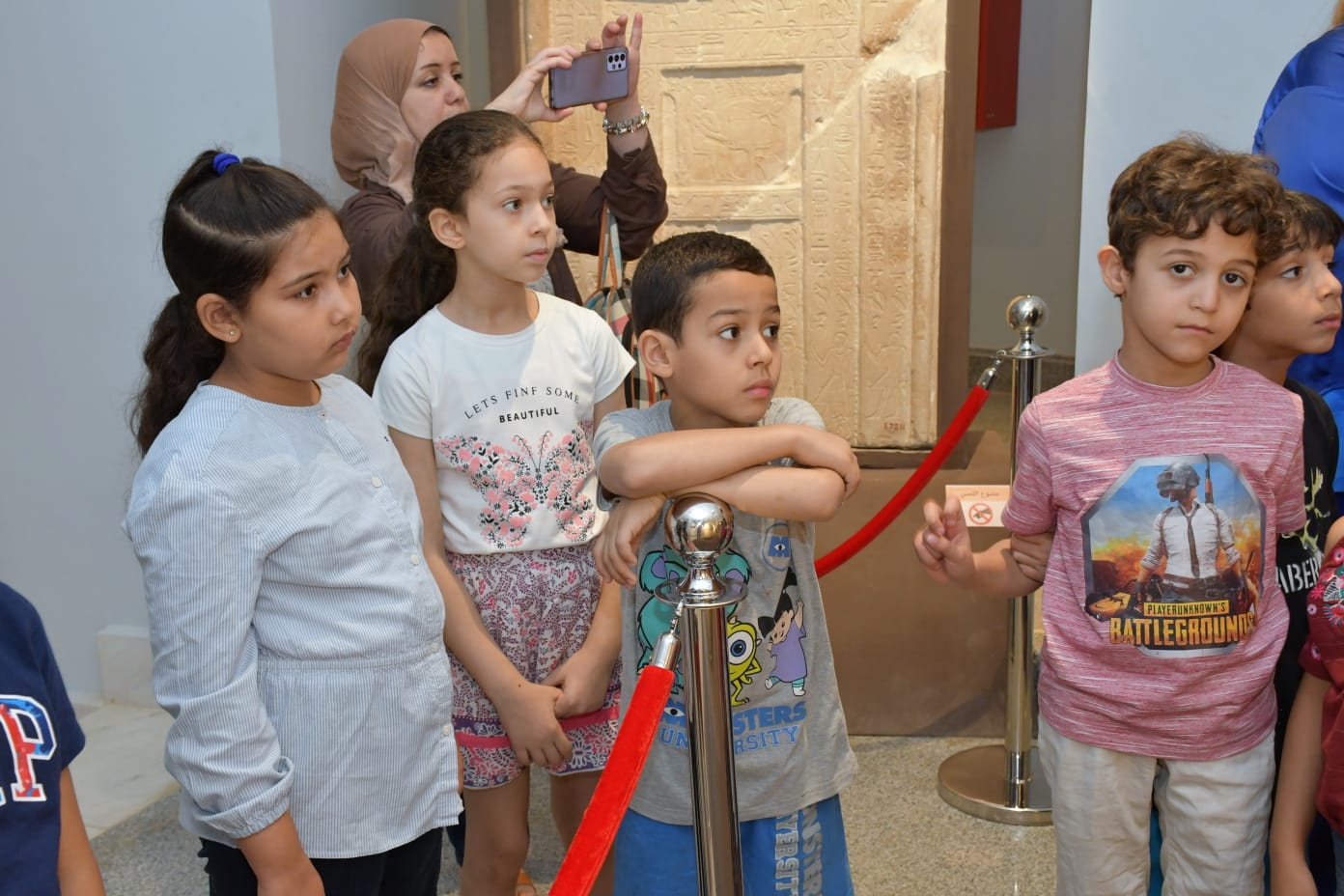 |
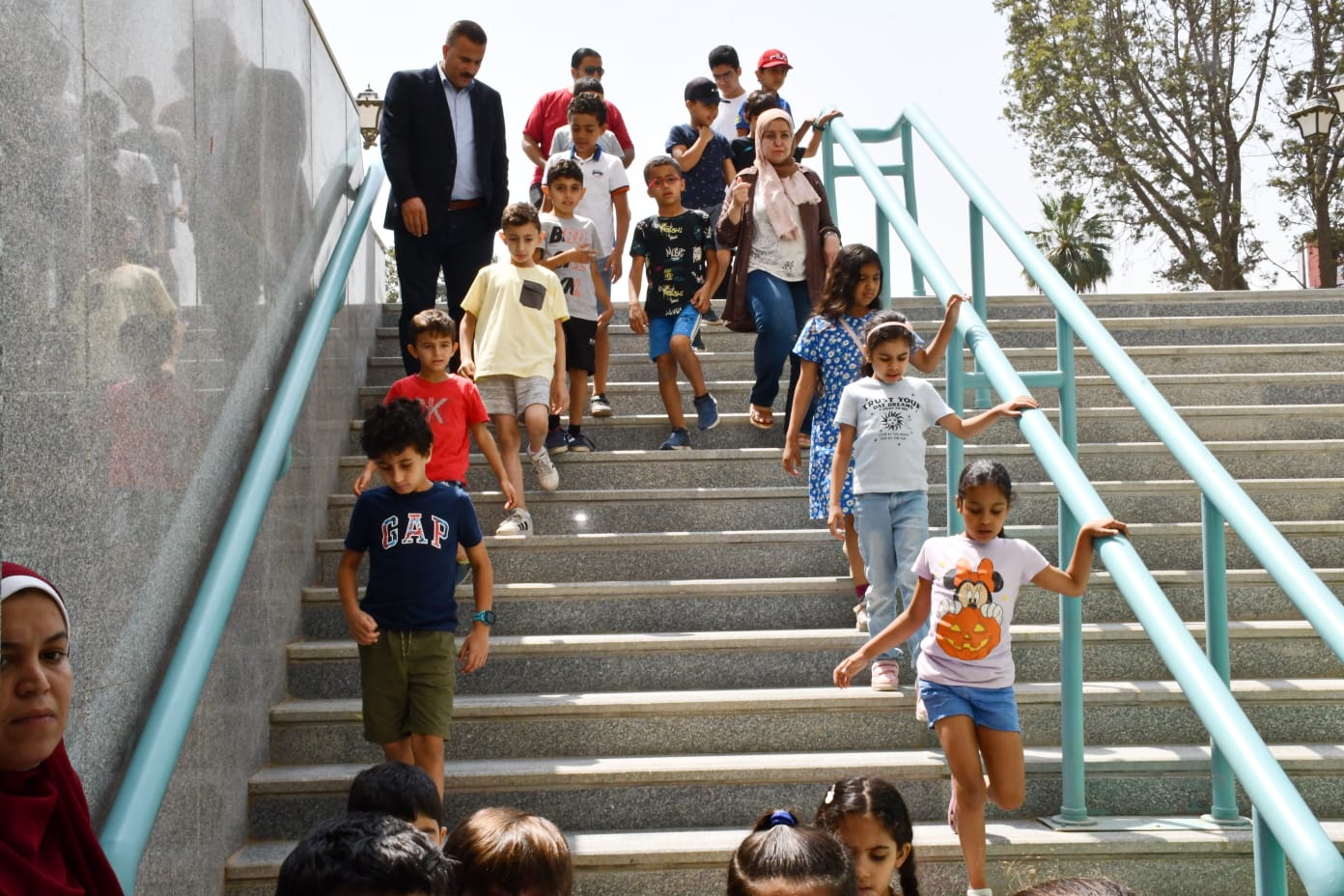 |
||
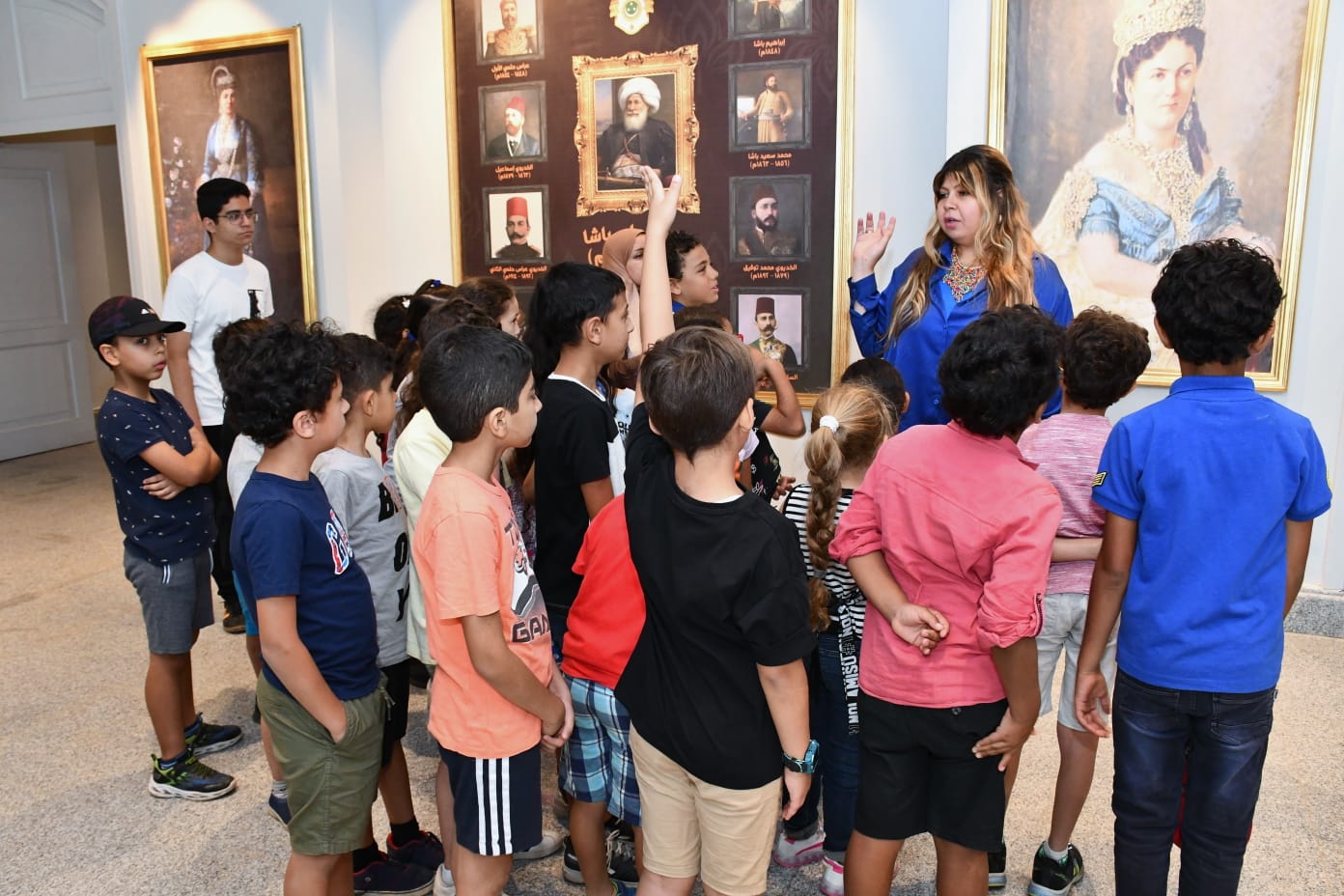 |
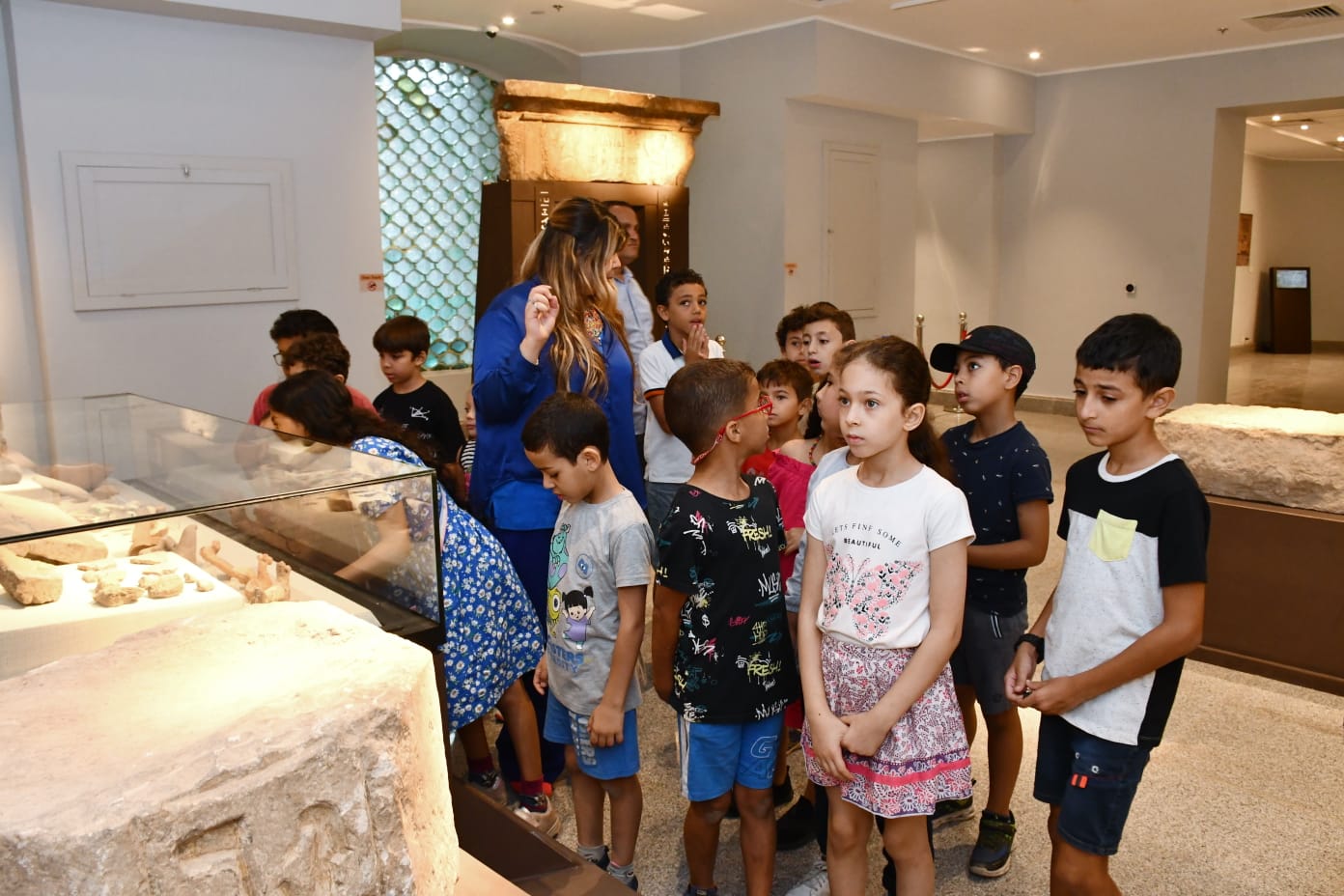 |
.svg)




